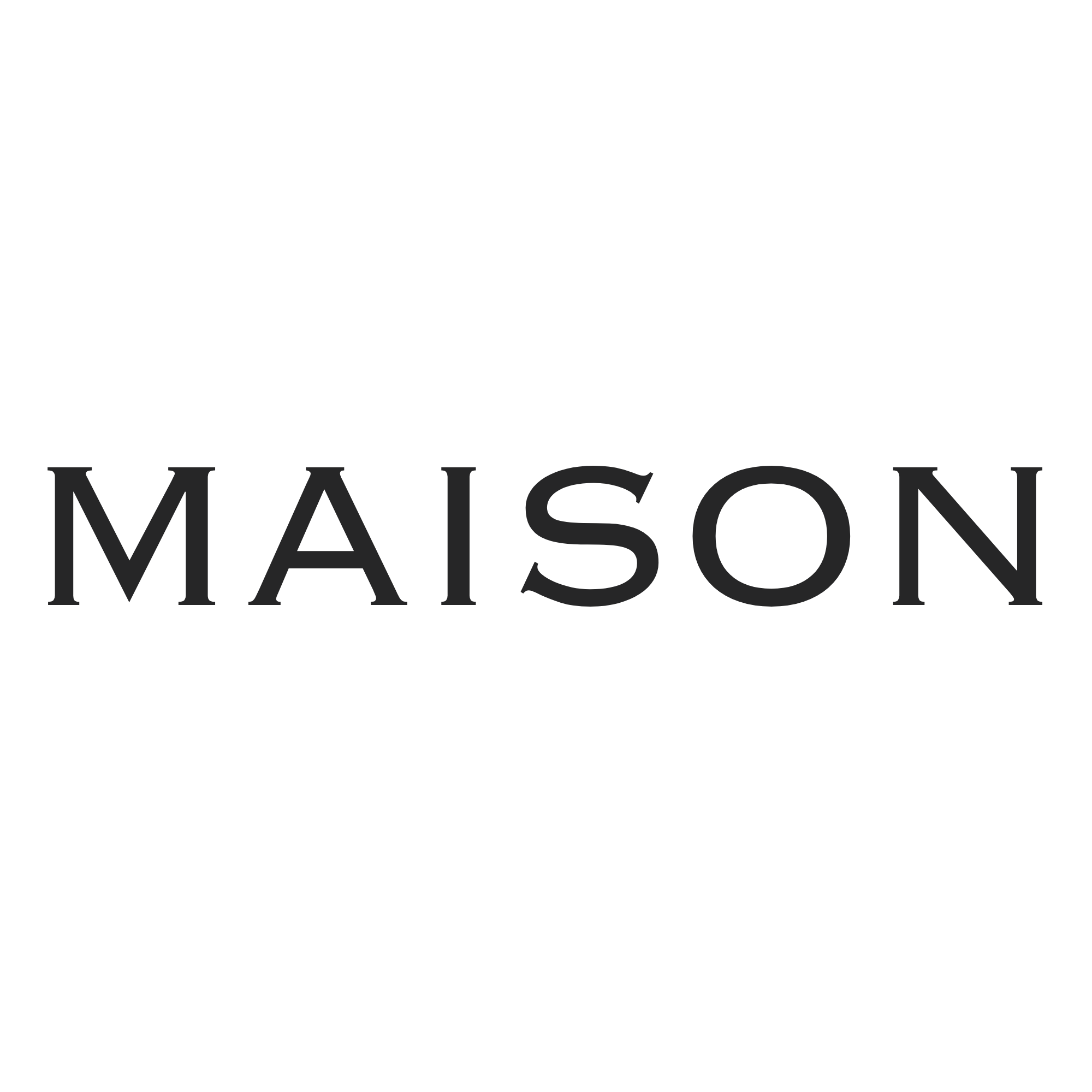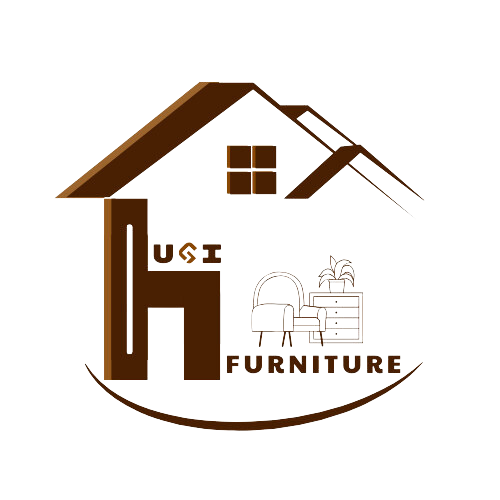Strategies for Reducing the Impact of House Edge in Casino Games
Gambling in casinos is often viewed as a game of chance, with the house edge ensuring that the casino maintains a long-term profit. However, knowledgeable players can employ various strategies to reduce the house advantage and improve their odds of winning. This article explores proven methods, from mastering game techniques to effective bankroll management, providing practical insights backed by research and data.
Table of Contents
Analyzing Player Strategies That Minimize House Advantage
Applying Optimal Blackjack Techniques for Better Odds
Blackjack is one of the few casino games where skilled play can significantly influence the outcome. Applying basic strategy charts, which are derived from probability calculations, can reduce the house edge to as low as 0.5%. For instance, optimal play involves actions like standing on a hard 12 against a dealer’s 4-6, or hitting on a soft 17. Research from the Las Vegas Strip shows that players adhering to basic strategy can improve their expected value by 1-2%, which is substantial over numerous hands.
Advanced players often incorporate card counting to further tilt the odds. While not a guaranteed method, card counting tracks high-value cards remaining in the deck, offering an advantage of up to 1-2% when executed flawlessly. Casinos actively deter such strategies through multiple decks, shuffling, and surveillance, but understanding the mathematics behind basic and advanced strategies remains crucial.
Using Card Counting Methods Responsibly to Shift Probabilities
Card counting is a systematic way to assess the composition of remaining cards, giving players an edge. The most popular system, Hi-Lo, assigns values to cards and tracks the running count during play. For example, a running count of +4 indicates a higher proportion of high cards (10s, aces), favoring the player by increasing the chances of blackjack and favorable double-down situations. To better understand the game mechanics, you can check the Chicken Road game overview.
It’s important to note that card counting requires skill, discipline, and discretion. Casinos often respond by banning suspected counters or increasing shuffle frequency, which diminishes the effectiveness. Nonetheless, responsible and discreet application of card counting can shift the house edge from 0.5% to a positive advantage for the player in certain conditions.
Adapting Betting Patterns to Reduce Long-Term Losses
Smart betting strategies, such as the Martingale or Paroli systems, aim to manage risk and maximize gains. However, they can also influence the impact of house edge when combined with knowledge of game conditions. For example, employing a “bet spread” approach—varying bets based on the count—allows players to capitalize on favorable situations while limiting exposure during unfavorable ones.
Research indicates that progressive betting systems, when used prudently, can extend bankroll longevity and reduce the negative effects of the house edge. Nonetheless, it’s crucial to set and adhere to betting limits to prevent substantial losses.
Leveraging Game Variants and Rule Variations to Your Benefit
Choosing Variations with Lower House Edges in Popular Table Games
Different versions of the same game can have varying house edges based on rules. For instance, in blackjack, rules such as allowing late surrender or paying 3:2 on blackjack reduce the house edge, whereas options like 6:5 payouts or dealer hitting on soft 17 increase it. According to the Gaming Research Institute, selecting tables with favorable rules can lower the house edge from about 2.5% to under 0.5%.
Similarly, in roulette, opting for European versions with a single zero reduces the house edge to 2.7%, compared to 5.26% in American roulette with both zeros. Recognizing these differences allows players to make more informed choices that tilt the odds in their favor.
Identifying and Exploiting Favorable Rule Sets in Electronic Games
Electronic gaming machines (video poker, slot machines) often have variable paytables and rules that impact house edge. Video poker variants like Jacks or Better with full pay tables (9/6) offer a house edge as low as 0.46%, practically comparable to blackjack with perfect strategy. Conversely, machines with less favorable paytables or bonus features tend to have significantly higher house edges.
Players should seek out games with optimal paytables and rules, often posted on casino websites or gaming forums, to maximize their chances of reducing the house advantage.
Assessing Casino Promotions and Bonuses for Advantage Play
While many promotions are designed to attract players, savvy gamblers can leverage bonuses to extend their bankrolls and mitigate the house edge. Examples include matched deposit bonuses, cashback offers, or tournament entries. These incentives can effectively reduce the initial risk, especially when combined with strategic play.
However, it’s vital to understand the terms and wagering requirements associated with bonuses. When used responsibly, they can serve as a psychological and financial buffer, giving players more opportunities to apply advantageous strategies.
Implementing Bankroll Management to Sustain Play and Minimize Losses
Setting and Enforcing Betting Limits Based on Game Volatility
Effective bankroll management starts with defining strict betting limits aligned with the volatility of the game. For instance, blackjack generally has lower volatility compared to slot machines. Setting a maximum loss threshold—such as 1-2% of total bankroll per session—helps prevent large setbacks. If the game’s standard deviation indicates an average loss of 1% per hour, players can plan their session length accordingly.
Research shows that disciplined betting reduces the impact of the house edge over time, maintaining a sustainable gaming approach.
Using Session Strategies to Maximize Win Frequencies
Short, focused sessions allow players to capitalize on streaks and reduce exposure to long-term house advantage. For example, employing a “stop-loss” rule—stopping play after a predetermined loss—preserves capital and minimizes the impact of inevitable house advantage erosion. Conversely, “profit targets” encourage players to cash out during favorable runs.
Studies suggest that structured session management increases the likelihood of ending with a profit, even in games with a built-in house edge.
Tracking Win-Loss Ratios to Adjust Play Tactics Effectively
Maintaining detailed records of wins and losses helps players identify patterns and adjust strategies accordingly. For example, if a player notices a streak of losses, they might temporarily switch to more conservative betting or change tables. Conversely, recognizing a winning streak might justify increasing bets within preset limits.
Using data-driven tactics enables players to navigate the house edge more intelligently, maximizing the potential for positive outcomes.
“Knowledge combined with disciplined strategies is the key to minimizing house advantage and turning the odds in your favor.”
Conclusion
While the house edge is an inherent aspect of casino games, understanding and applying targeted strategies can substantially reduce its impact. From mastering game-specific techniques like blackjack basic strategy and card counting to choosing favorable game variants and managing your bankroll wisely, each approach contributes to a more advantageous playing experience. Remember, responsible gambling and thorough research are your best tools in minimizing losses and maximizing enjoyment at the casino tables.






Leave a Reply